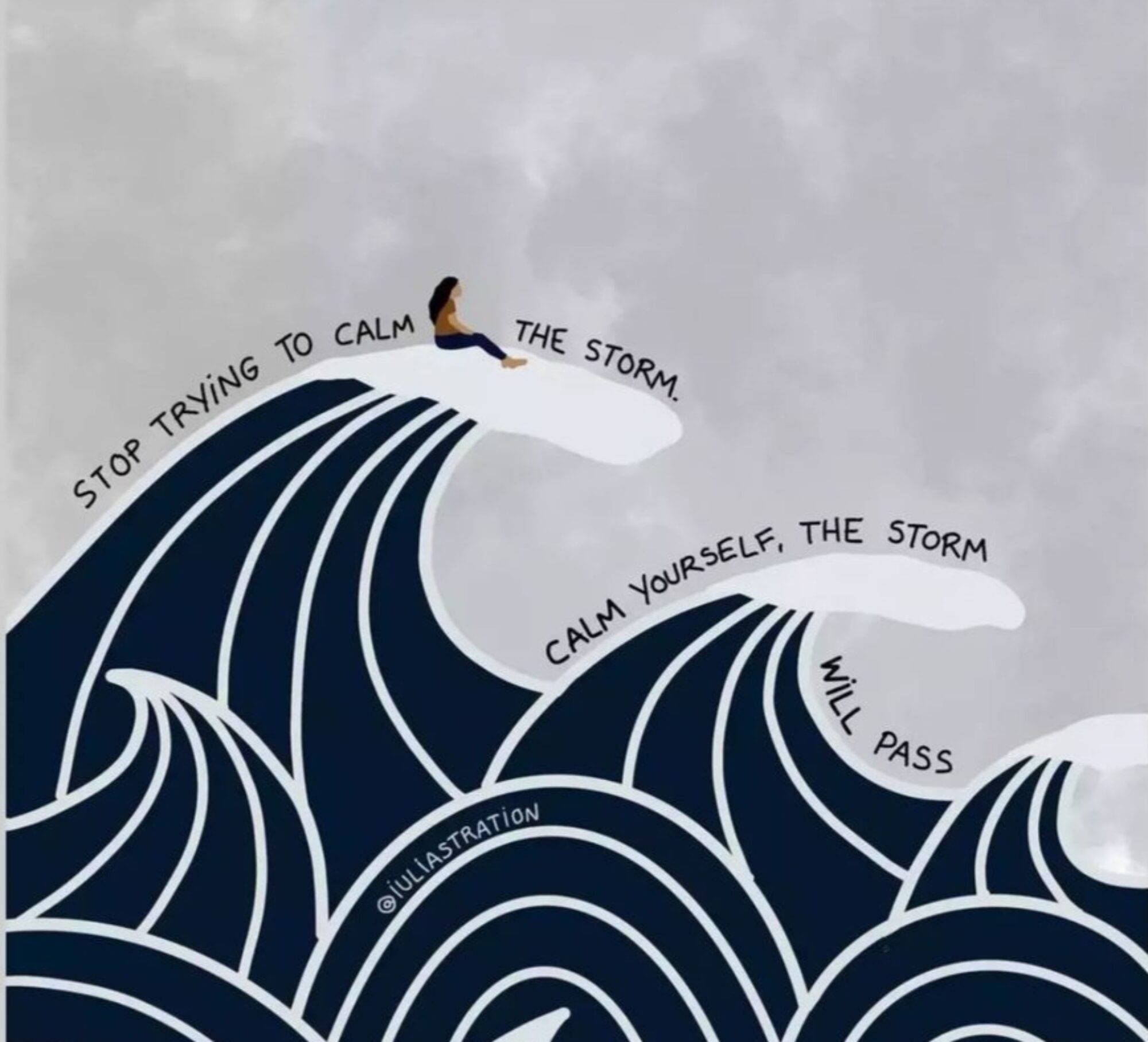Teaching and farming are two professions that share many similarities. Both involve cultivating valuable resources, whether the land or young minds. However, the online teaching world is a relatively uncharted territory, and educators must navigate a vast digital landscape, exploring various digital tools and platforms to enhance the educational process. Just as a farmer must learn to cultivate an unknown land, an online teacher must adapt to multiple digital tools and methods to create engaging virtual environments for their students.
Both professions require a deep commitment to fostering growth and development. The satisfaction of witnessing the growth and flourishing of seedlings parallels the satisfaction an online teacher feels when a student grasps and applies new knowledge. However, both professions also require addressing challenges and obstacles that may hinder progress. Just as a farmer must remove weeds and barriers to ensure a healthy crop, an online teacher must address challenges and obstacles that may hinder students’ learning experiences.
Both professions also share an interest in passing on knowledge to others. Successful farmers often share insights and techniques, while online teachers strive to impart their expertise to enable others to navigate the digital learning landscape. However, an online instructor’s role differs significantly from a face-to-face instructor’s. Online instructors must possess strong digital literacy, utilize multimedia resources effectively, and create engaging virtual environments. Communication in an online setting relies heavily on written forms, necessitating clear and concise expression.
In contrast to face-to-face interaction, online teaching demands intentional and structured communication to foster meaningful connections. Additionally, online instructors must be adaptable and adept at troubleshooting technological issues, as the virtual classroom environment can be more unpredictable. Key competencies for online teachers include effective communication skills, technical proficiency, adaptability, and a deep understanding of online pedagogy. They must foster a sense of community in the virtual space, promoting collaborative learning and student engagement.
Successful online teaching requires a dynamic blend of pedagogical expertise, technological fluency, and a commitment to fostering a supportive and engaging virtual learning environment. Ultimately, the success of both farming and teaching hinges on the practitioner’s dedication and willingness to endeavor to flourish, whether cultivating a piece of land or nurturing the minds of eager learners.


I would like to convey my admiration for your generosity in support of men and women that have the need for help with this particular concern. Your special dedication to getting the message all over had been wonderfully productive and have all the time made professionals much like me to attain their dreams. Your own invaluable tutorial means a great deal to me and additionally to my office workers. Thank you; from everyone of us.
Thank you for you kind words. That gives me a lot of encourage to move forward.